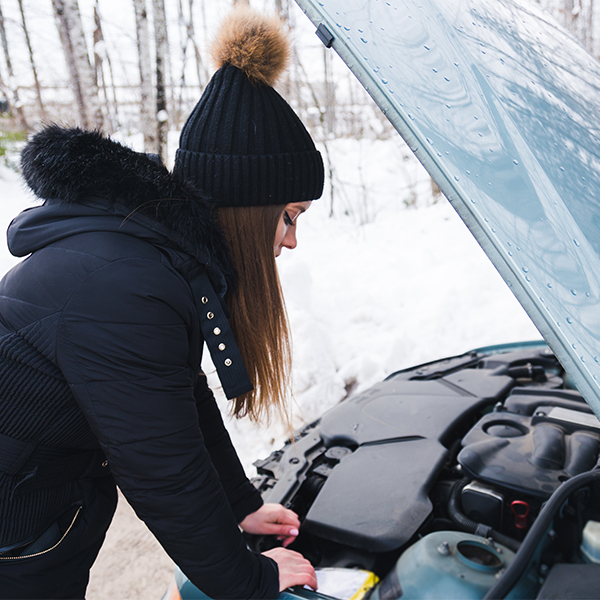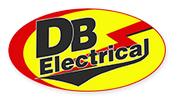When is the best time to think about getting your vehicle ready for the winter season? You’ll most likely agree that it’s on your schedule when the weather is still mild. The worst time is because of a breakdown during frigid weather or in the middle of a snowstorm. It’s a horrible feeling to be stranded, or have a loved one stranded, in the middle of harsh winter weather. To help you make the better choice, here’s a checklist of items to think about before winter sets in.
1) Check Basic Equipment
Basic maintenance is something you tend to all year long, but the onset of winter just makes it more urgent. If you live where roads get slippery due to snow and ice, be sure to check your tires’ tread depth, or even consider winter tires. Other items include checking the level and strength of the coolant in your radiator, checking the radiator itself for rust and corrosion, and inspecting hoses and belts to make sure there are no obvious cracks and worn spots.
2) Test Batteries
A failed battery is a major cause of stalled vehicles in winter. Fortunately, there are tools to help keep you going. A voltmeter can determine the strength of a battery, letting you know if a replacement might be advisable. Depending on the strength of a battery, you might consider giving it a boost with a battery charger. Of course, getting caught on the road with a sluggish battery is a real possibility. That’s when it’s good to have jumper cables available. While good to have, jumper cables won’t help if there isn’t anyone nearby to help. For even greater preparedness, you should consider getting an auxiliary jump start for your vehicle. This handy unit can provide the power to start a vehicle when no one else is around to lend a hand.
3) Evaluate Starters
As winter approaches, consider the condition of your starter. Two warning signs that your starter may be nearing the end of its life are sluggish starts and lights that dim when starting your vehicle. But be aware of other signs, too. If you hear the starter continue to run even after the engine is going, a problem in the starter’s electric circuitry is most likely developing. Odd sounds when engaging the starter should also prompt a checkup of its condition.
4) Test Alternators
Keeping a vehicle in good operational condition involves investigative work because symptoms can often be similar for components. If you’re experiencing hard starts, random stalling, lighting malfunctions or electrical accessories working oddly, the alternator is a suspect. Make sure the alternator is on your list of things to check -- even though these problems could be caused by something else. A voltmeter can give you insight about the condition of your alternator’s voltage range.
5) Don't Forget Solenoids and Voltage Regulators
The electrical components in your vehicle all work together to make your vehicle operate smoothly and efficiently. While checking out your vehicle’s electrical system, don’t forget the solenoid and voltage regulator. These components don’t get as much attention as starters and alternators, but they are vitally important within electrical systems.
Winter Readiness is Important
Do the work of winter readiness now and thank yourself later when the weather turns worrisome. Getting your car, truck or ATV ready for the cold winter days ahead will boost your confidence in the reliability of your vehicle. But more important, it will reduce the chances of an unexpected breakdown at the most inconvenient time. When the temperatures are dropping and the winter wind is howling, you’ll want every advantage to arrive home without any problems.
Related Articles
Sourcing Industrial Machinery Starters and Alternators
5 Ways Winter's Hard on Vehicle Electrical Systems
5 Signs That Your Starter Could Soon Quit Starting


